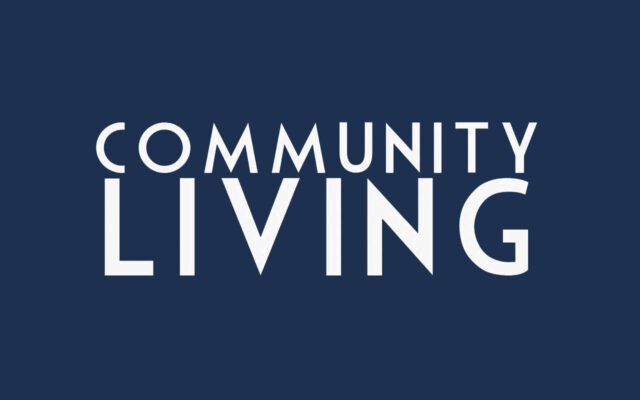Stories of our lives
Ledger A, McCormack N, Walmsley J, Tilley E, Davies I. “Everyone has a story to tell”: a review of life stories in learning disability research and practice. British Journal of Learning Disabilities. 9 July 2021.
The role of life stories in practice and research is reviewed within this paper. It begins with the first known recorded life story, which was shared by Nigel Hunt in 1967.
In research, life stories offer “nuanced understandings of the lives of people with learning disabilities in their socio-historical context”.
Reflecting on what life stories offer as a method of discovery, the authors surmised that “life stories give voice to people with a learning disability” especially given they have often felt silenced because parents, carers or practitioners have spoken on their behalf.
The authors noted through their review of literature spanning numerous decades that life stories offer a redress to this past imbalance. Autobiographical accounts allow the lived experience of the individual to be captured, which transcends stereotypes and prompts social change.
The paper offers a variety of methods for capturing life stories, which would be helpful to any reader wanting to incorporate this into their professional and personal practice, while also highlighting barriers that may be encountered.
Importantly, the article offers evidence on how life stories can offer a means for learning-disabled people to play an active role in designing their support plan, as well as having a wider impact of how personalised stories can effect policy changes.
The authors evidence “that life stories can be valuable for people, contributing to a stronger sense of identity, a way of being known beyond the label, and the building and sustaining of relationships”. Hence, they offer a valuable tool that would be suitable, with some adaptations, for most settings.
Ignorance about mental health
Ee J, Biza Stenfert Kroese B, Rose J. A systematic review of the knowledge, attitudes and perceptions of health and social care professionals towards people with learning disabilities and mental health problems. British Journal of Learning Disabilities. 25 June 2021.
Research on the attitudes and perceptions of health and social care professionals towards people with learning disabilities and mental health issues is limited.
Therefore, this study aimed “to understand how health and social care professionals perceive people with learning disabilities and mental health problems, their knowledge and competency in providing services or interacting with them, and the impact of their attitudes on service delivery and training needs”.
The search strategy focused on quantitative studies presented since 2006 following the adoption of United Nations’ Convention on the Rights of Persons with Disabilities.
It focused on professionals such as medical staff, nurses, therapists, psychologists and social workers, and covered a range of nationalities from Israel, Singapore, Australia and the UK, to name a few.
There is a considerable lack of knowledge and training in meeting mental health needs.
Following intensive analysis and review of how attitudes and perceptions may impact the quality of services provided to learning disabled people, the results indicated a considerable lack of knowledge and training in meeting their mental health needs.
Findings of this review suggest that knowledge and competence can be “improved through exposure and contact with people with learning disabilities in addition to specialist learning disability training”.
This paper offers many informed insights that would support any practitioner or organisation in catering appropriately for the mental health needs of learning-disabled people.




